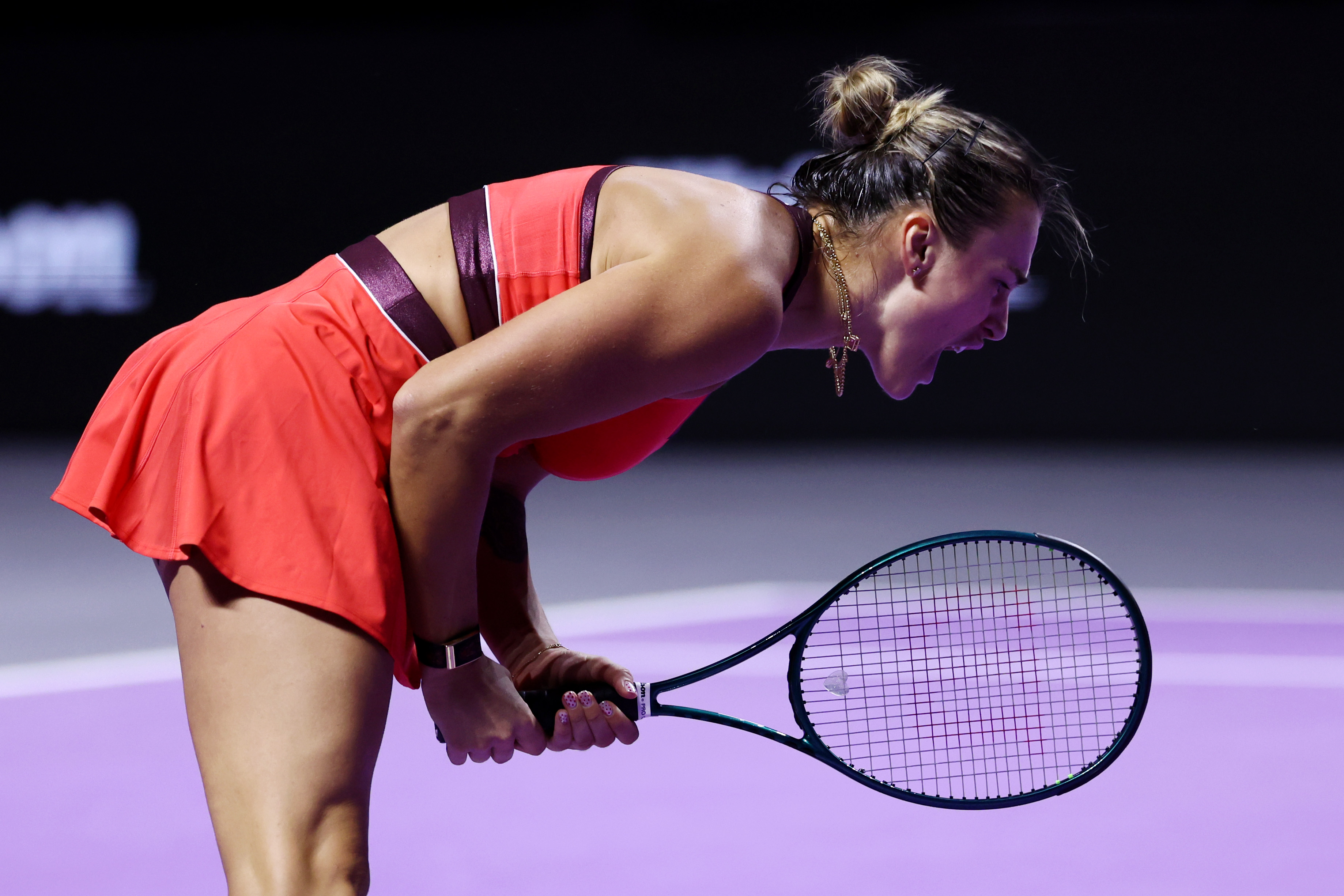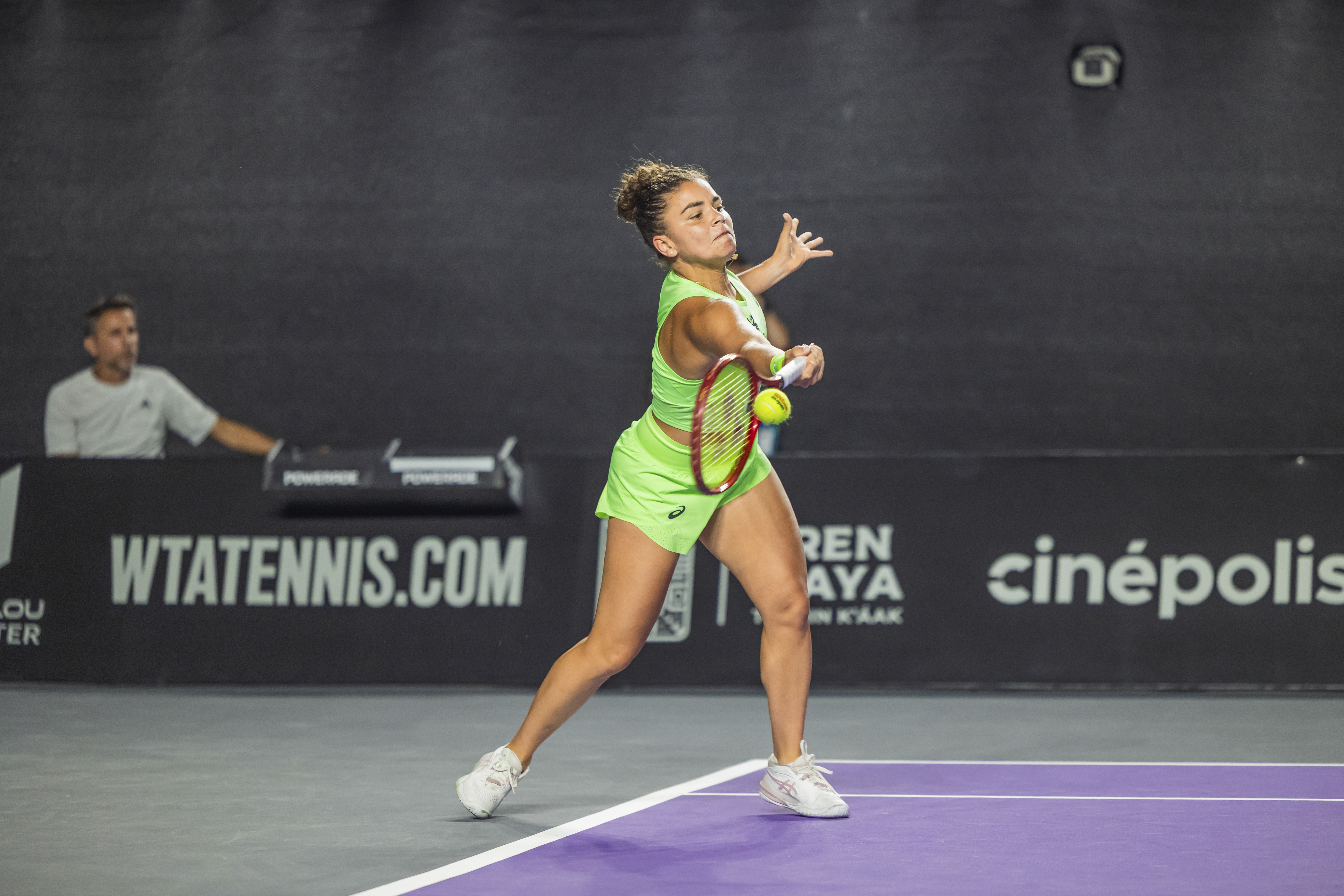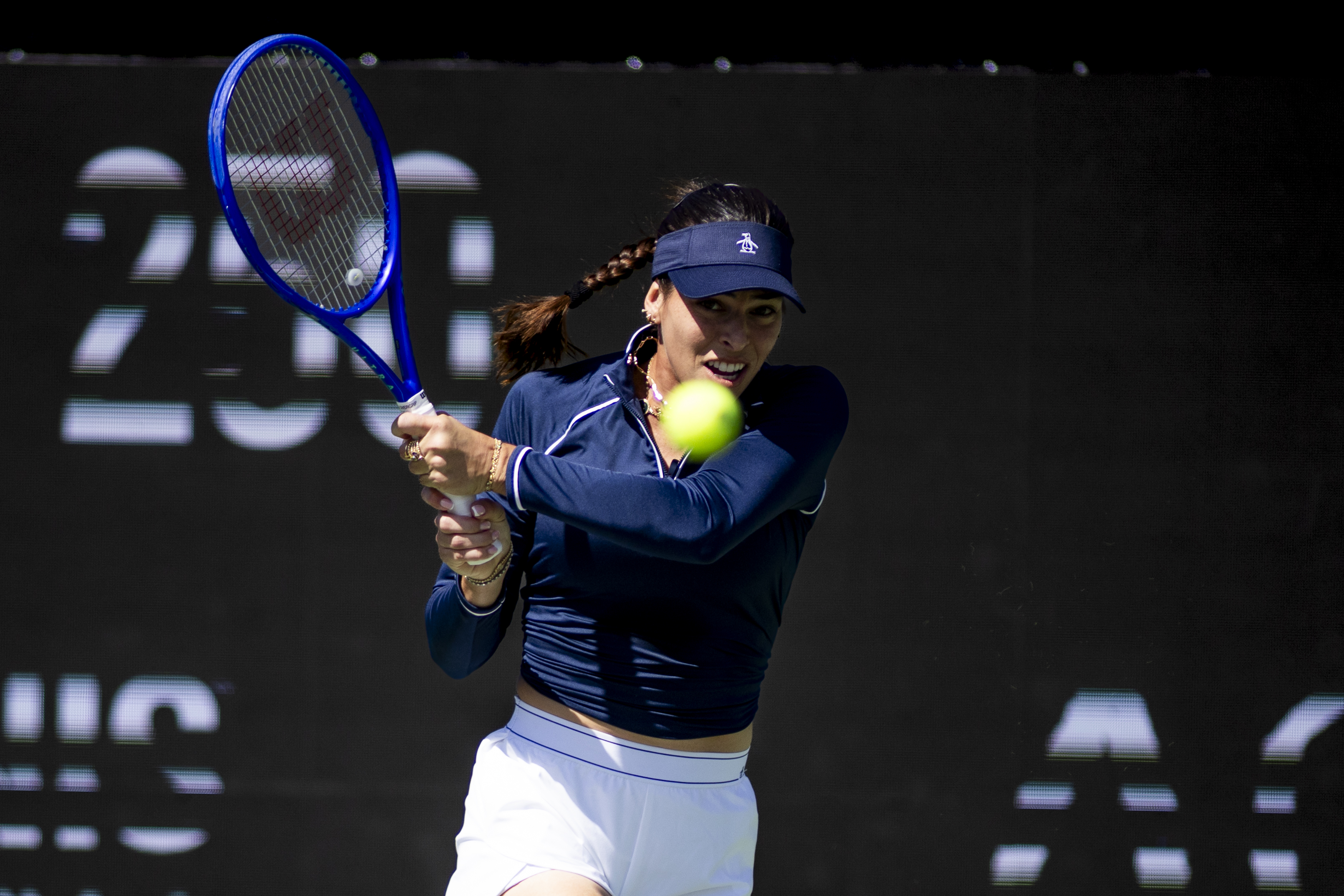Sabalenka summons composure to topple Gauff in Riyadh
Under the lights of the King Saud University Indoor Arena, Aryna Sabalenka stared down early deficits and high stakes to defeat Coco Gauff, locking in the top seed for the WTA Finals semifinals amid a tense round-robin finish.

In the enclosed buzz of Riyadh’s King Saud University Indoor Arena, Aryna Sabalenka faced Coco Gauff in a round-robin clash that carried the weight of seeding and survival at the WTA Finals. The world No. 1 entered with a 2-0 record, but Gauff’s 1-1 mark meant a straight-sets loss could upend her position, especially after Jessica Pegula’s earlier 6-2, 6-3 win over Jasmine Paolini sharpened the math. Sabalenka’s 7-6 (5), 6-2 victory not only perfected her 3-0 group stage but also set her as the top seed, drawing No. 4 Amanda Anisimova in Friday’s semifinals while Pegula meets No. 6 Elena Rybakina.
Sabalenka navigates first-set pressure
Gauff seized the initiative early, breaking to love in the opening game before a crowd that amplified every rally’s echo. The 21-year-old American’s crosscourt backhands exploited the indoor hardcourt’s quick pace, pressuring Sabalenka at 2-all with two more break points on her serve. She erased them with booming first-strike serves, the ball skimming low and true to hold and reset the baseline exchanges.
Serving for the set at 5-4, Gauff hesitated on break point, floating an ill-timed drop shot that Sabalenka chased down and converted into a down-the-line forehand winner. The tiebreak intensified the duel, Gauff jumping to a 3-1 lead that drew a frustrated racquet toss from her opponent, echoing vulnerabilities from their Roland Garros final where composure had slipped. Sabalenka steadied with a netted backhand volley error from Gauff, leveling at 4-4 before two aces flipped the score to 5-4 in her favor.
Gauff’s first double fault of the match handed a 6-4 edge, her recent issues with 17 in the opener resurfacing under the arena’s unforgiving lights. Sabalenka closed the set on her second chance with a sharp one–two combination, serve drawing Gauff forward before a crosscourt forehand winner sealed it. This breaker win marked a tactical pivot, blending power with restraint on a surface that rewarded her flat groundstrokes over the clay’s drag from Paris.
Second set reveals growing dominance
Carrying first-set momentum, Sabalenka dictated the second frame’s tempo, her inside-out forehands pinning Gauff deep and forcing defensive lobs. The American clawed back a break in the sixth game, briefly stalling the surge, but her opponent broke right back at love with precise underspin backhands that disrupted rhythm. Gauff’s six double faults overall compounded her 3-for-7 break-point efficiency, while Sabalenka converted five of six to pull away.
The indoor hard’s minimal bounce amplified Sabalenka’s aggressive patterns, allowing her to transition from defense to offense with inside-in forehands that exploited Gauff’s backhand wing. She held serve firmly, the crowd’s murmurs fading as the 6-2 finish loomed, her gusto tempered by lessons from that three-set loss in France. Post-match, she reflected on vowing better emotional control after Paris, a promise realized in her US Open title run on faster courts.
Semifinals promise fresh challenges
With the round-robin resolved, Sabalenka’s path forward pits her against Anisimova, whose 2-1 record brings a flat-hitting style that mirrors her own power but tests serve margins on this surface. Rybakina, undefeated at 3-0, awaits Pegula in the other half, her towering serves clashing with the American’s steady retrievals in a matchup of baseline grinders. For Sabalenka, this fifth straight Finals appearance—best as runner-up to Caroline Garcia in 2021—intensifies the hunt for a first title, her Riyadh grit clearing hurdles while Gauff departs with closing lessons from tight sets.
The victory over Gauff, their first since that Paris epic, underscores Sabalenka’s evolution, channeling inner fire into calculated play that thrives in high-stakes enclosures. As semifinals unfold on the same brisk hardcourts, her adjustments position her to chase the crown, the arena’s energy now fueling a deeper tournament run.


